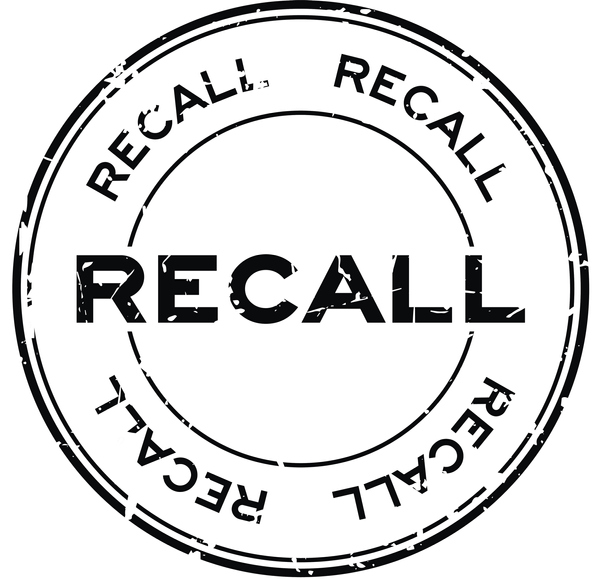Living with Chronic Pain
Medication Recalls in the United States

A drug recall involves removing a defective drug from the market to protect the public from harm. Drugs are recalled for various reasons, including contamination of raw materials, incorrect labeling of the drug or violation of the U.S. Food and Drug Administration (FDA) regulations.
Drug recall classes
Drug recalls are grouped into three different classes based on the potential danger posed to the public:
- Class I — The drug has a defect that could cause serious health problems or even death.
- Class II — The drug could cause a short-term, curable health problem or a slight chance of a serious health problem.
- Class III — The drug is unlikely to cause health problems, but it violates FDA regulations, typically labeling or manufacturing regulations.
Drug recall levels
Recalls are also classified into levels based on the groups involved:
- Consumer-level recalls involve the public, doctors and hospitals. These often require action on the part of the consumer.
- Retail-level recalls involve retailers and providers.
- Wholesale-level recalls involve only the manufacturer and retailers.
Who enacts drug recalls?
Drug recalls can be enacted by a pharmaceutical manufacturer, a pharmaceutical distributor or the FDA. In most cases, recalls are voluntary, and the FDA’s role is to oversee the company’s strategy, classify the recall and assess its adequacy. The FDA also evaluates the effectiveness of the recall based on the company’s efforts to notify customers and remove the defective drug from the market. If the recall process is deemed unsatisfactory, the FDA can request that the company take additional action.
If the FDA recognizes the problem first without a company’s voluntary recall, they can request that the company recall the defective drug. If the company does not comply, the FDA can take action to seize the drug.
What should an individual do if a drug they take is recalled?
Individuals may learn a drug is recalled directly from the manufacturer or from a health care provider or pharmacist. If a product has been widely distributed or poses a serious health risk, the public may be notified through news media. All recalls are also included in the FDA’s weekly enforcement report.
When an individual’s medication is recalled, they should ask their health care provider for guidance, including instructions about how to return the product. In general, Class I recall notifications also provide the public with recall instructions.


















